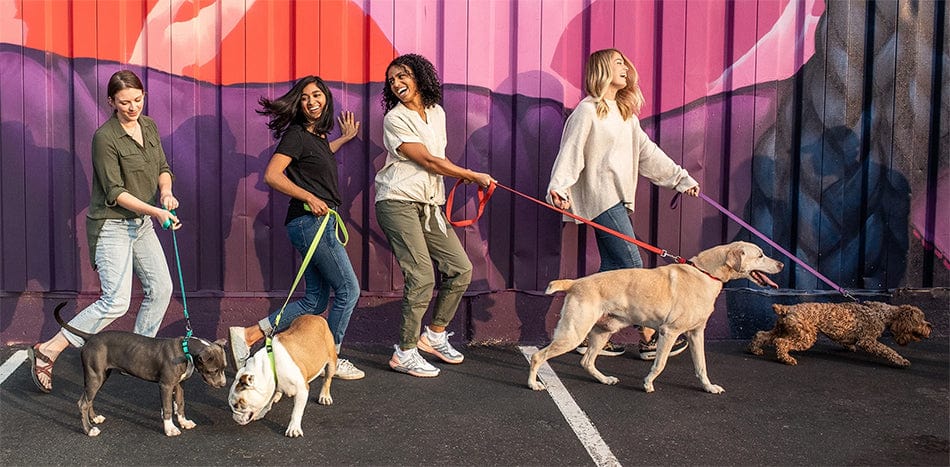Your cart is empty. Let's fix that!


This post is written by holistic veterinarian at "I and love and you", Dr. Angie Krause, DVM, CVA, CCRT
Making end of life decisions for our dogs can be excruciating. It is easy to become filled with doubt, guilt, fear, and sadness. Many dog parents become paralyzed with medical and logistical decisions. In this article, I am going to share with you how I approach the end of life care for my patients and my own animals.
It can be helpful to first contemplate your own moral and philosophical beliefs around death and suffering. Some dog guardians won’t tolerate any suffering or discomfort, while others want their dog to experience a natural death at home. Hospice services are becoming more prevalent to help families take care of ailing dogs at home. Working with a veterinarian that supports you and respects your beliefs around death can be extremely helpful.
Make a list of things that makes your dog happy. Walks, food, cuddles and playing fetch are common examples. These can be your guide on how much your dog is enjoying their everyday life. Keeping a journal can be helpful when days are up and down.
Understanding your dog’s disease and prognosis can aide in your decision making. Aggressive cancers can take a turn for the worse in a matter of days or even hours. Degenerative disease can slowly progress over months or years.
Keeping medical treatments organized in such an emotional time is challenging. Here is a checklist of questions to ask your veterinarian.
When the days are up and down, it’s hard to know when you should let your dog go. Here are a few signs:
If and when you decide it’s time to say goodbye, I recommend staying present for the euthanasia procedure if at all possible. Seeing your dog off, as she embarks on her next journey, can help pay tribute to the unconditional bond you share and is a part of the grief experience. There are plenty of veterinarians who will also offer this service to be done in the comfort of your own home.
This is hard. You deserve a hug, a shoulder to cry on and someone to process with. Assembling a team of people to help with logistics can also be helpful. This is easy advice to give but difficult to execute in such a stressful time. Do your best and remember that you can’t pour from an empty cup.
Saying goodbye is one of the hardest things we have to do as a pet parent, but we are here to support you. Those slobbery wet kisses and spooning sessions with your fur baby - those moments will live forever in your heart. Give yourself some grace, I am sending you a big hug and all my love!
Dr. Angie
“Dogs come into our lives to teach us about love, they depart to teach us about loss. A new dog never replaces an old dog,
it merely expands the heart. If you have loved many dogs your heart is very big.” – Erica Jong